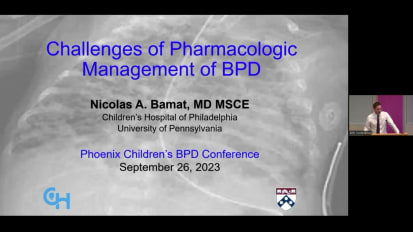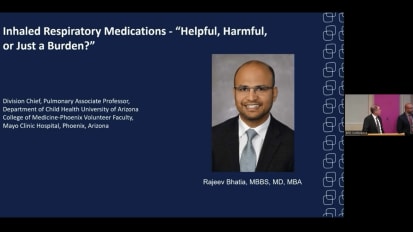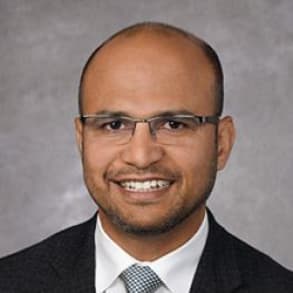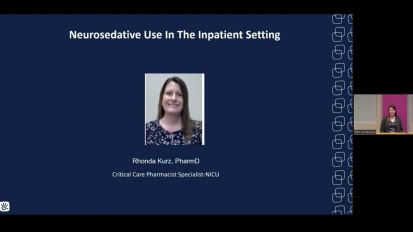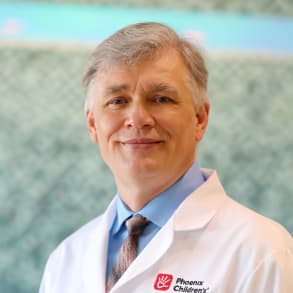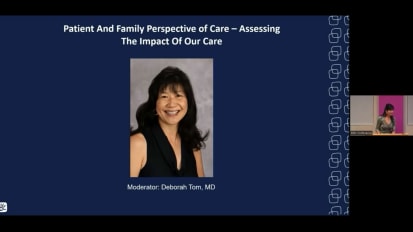2023 Perspectives in Bronchopulmonary Dysplasia – Pharmacology of BPD

In September 2023, Phoenix Children’s Center for Fetal and Neonatal Care hosted its annual Bronchopulmonary Dysplasia (BPD) Conference. This event provided educational opportunities related to BPD, a chronic lung disease that follows ventilator and oxygen therapy for respiratory distress after preterm birth. Those infants who require ongoing invasive positive pressure support at 36 weeks postmenstrual age are classified as having severe BPD.
Strategies for the successful management of infants with severe BPD remain unclear and wide variations in practice exist both within and between centers. Controversies regarding many aspects of clinical care persist, including strategies of respiratory support; providing adequate respiratory support to allow optimal neurodevelopmental progress; assessments for reflux and aspiration; pharmacologic management of BPD; optimal status for discharge; and a host of other issues.
Over the last several years with increasing experience and improved collaboration, the knowledge base for care of these infants has improved. The conference focused on this more updated information to improve confidence of the providers caring for these children; specifically focused on the medications used for improving lung function, pulmonary edema, airway hyperreactivity and inflammation, pulmonary hypertension, and pain, agitation, and delirium.
Challenges of Pharmacologic Management of BPD and Research Highlights Relating to Diuretic Usage
Dr. Nicolas Bamat, assistant professor of Pediatrics in the Division of Neonatology & Center for Clinical Effectiveness at Children’s Hospital of Philadelphia, was the keynote speaker, exploring the evolution of pharmacologic management ...Inhaled Respiratory Medications - “Helpful, Harmful, or Just a Burden?”
Dr. Rajeev Bhatia assessed the risks and benefits of commonly used medications for infants with BPD, as well as at the individual level for the specific patient.Therapies for BPD-Associated Pulmonary Hypertension – What Do We Know Now?
Dr. Kevin Engelhardt presented on therapy options for BPD-associated pulmonary hypertension.Patient and Family Perspective of Care – Assessing the Impact of Our Care
Dr. Deborah Tom moderated a panel discussion among parents of infants with BPD to explore how providers can better assess the needs of individual families and work within care teams to improve care delivery.
